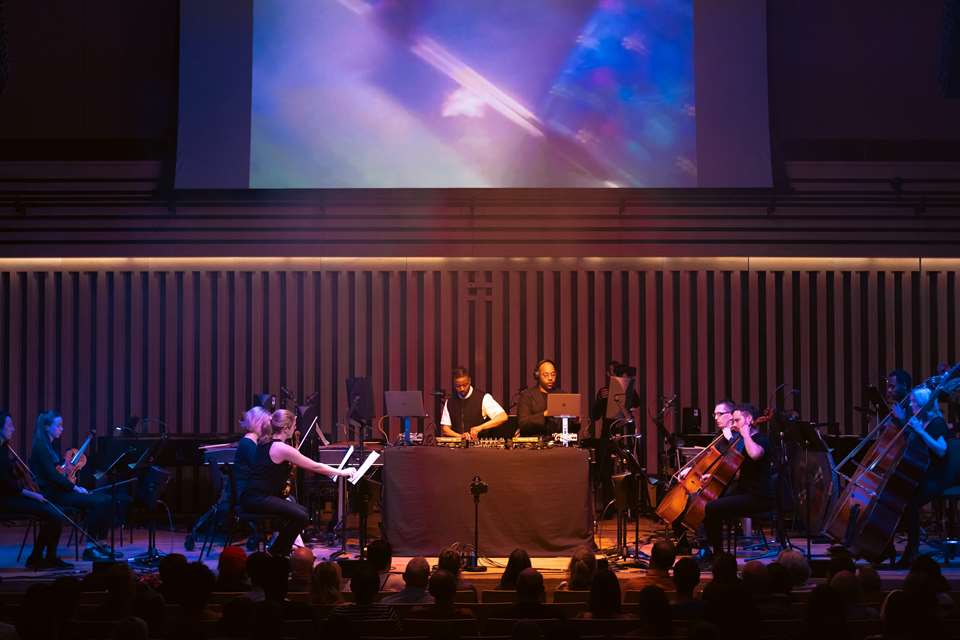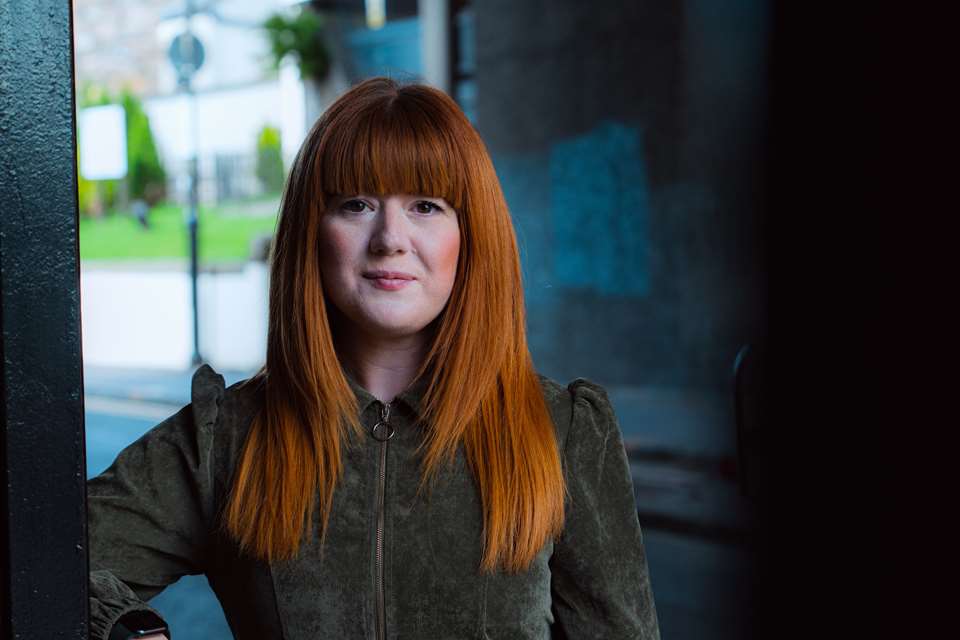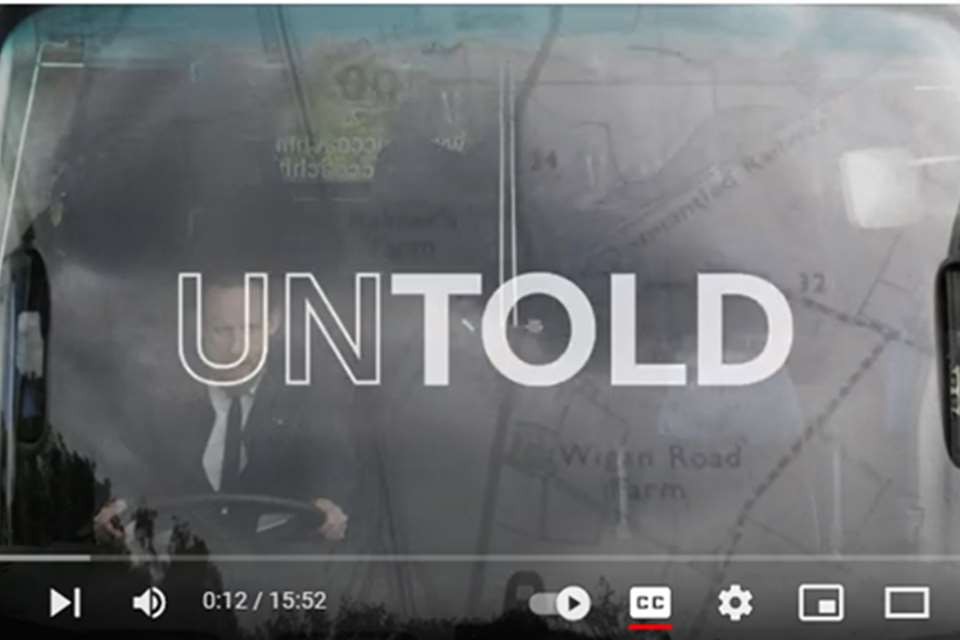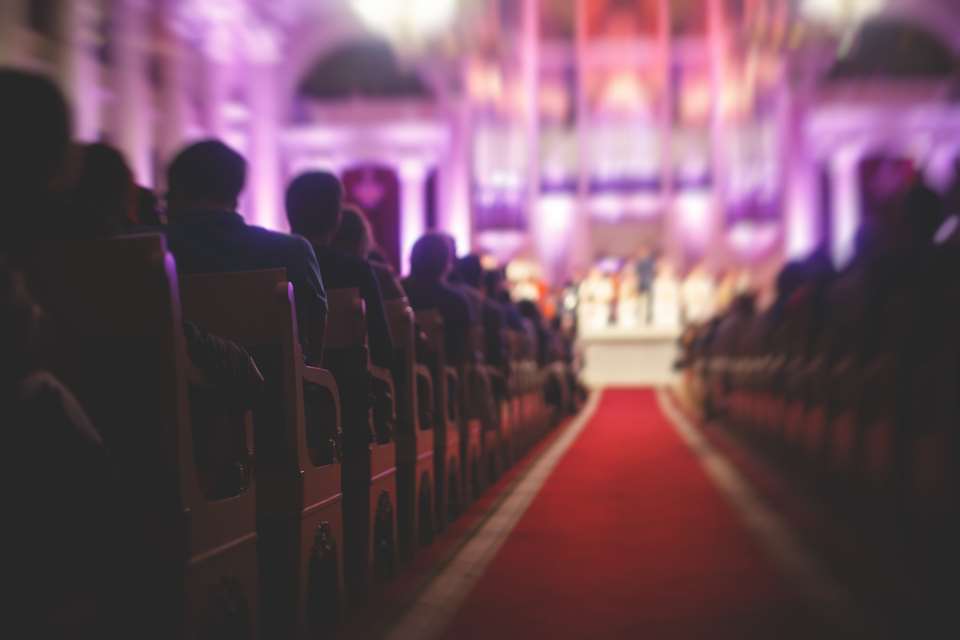Samantha McShane: In an ever-changing cultural environment, how can we reimagine ourselves?
Samantha McShane
Tuesday, November 14, 2023
As Manchester Camerata embarks on a new direction, its creative director considers the orchestra's evolving identity, and looks at how adaptability, diversity of thought and a focus on the next generation can ensure survival in a changing world
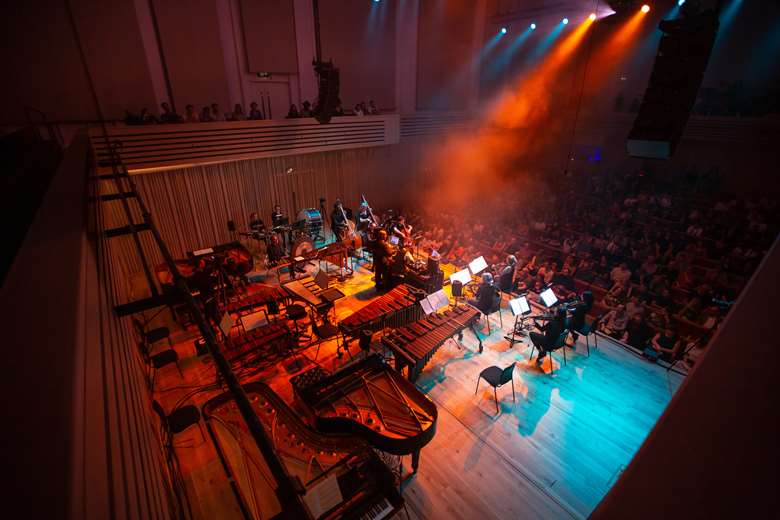

Register now to continue reading
Don’t miss out on our dedicated coverage of the classical music world. Register today to enjoy the following benefits:
- Unlimited access to news pages
- Free weekly email newsletter
- Free access to two subscriber-only articles per month
